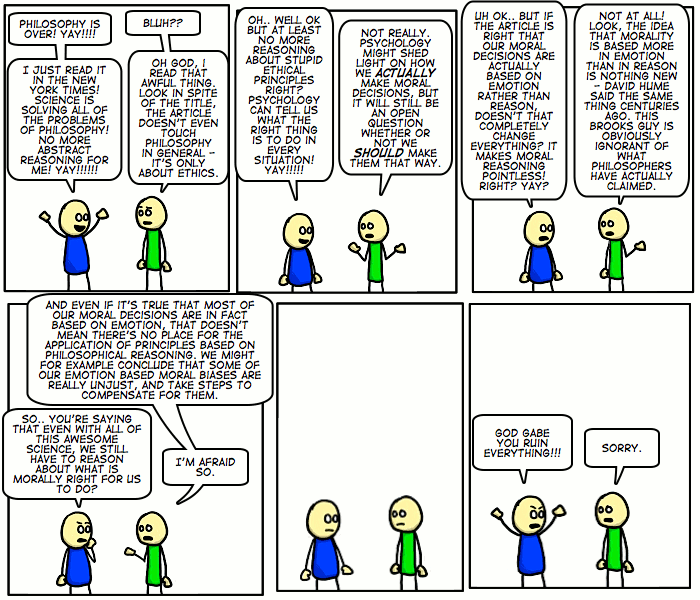Give advice, go to jail
Here's what I think you should do regarding your desire to immigrate to Scotland so you can study linguistics and English language at the University of Edinbu… oops. I nearly put a foot wrong there. According to a brochure I just received from my daytime employer:
Staff should not give immigration advice to students. To do so represents a high risk and is a criminal offence.
A criminal offence? A conversation in which I supply you with some advice about UK immigration matters could end up with me facing criminal charges? Even for me, well versed in the many ways the UK government is permitted to restrict freedom of speech (look for the phrase "who cannot be named for legal reasons" in UK newspapers, for another example), it is hard to get fully attuned to the necessity to button one's lip. Sorry. No advice from me.
Read the rest of this entry »
Permalink Comments off


